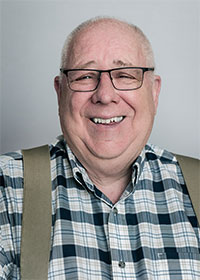by Jill Burbery | Sep 6, 2017 | Cosmic Crisp, Featured News
It is the time of year consumers eagerly await the arrival of a fresh apple crop from Washington state.
“Consumers are initially attracted to their bright, bold coloring and unique names,” says Chuck Sinks, president of sales and marketing for Sage Fruit Company in Yakima, WA. “But what keeps them coming back in their appreciation for a sweet, juicy, and crunchy apple.”
Read “All Eyes on Washington” in Produce Business.
by Jill Burbery | Sep 5, 2017 | Cosmic Crisp, Featured News
There is growing demand for Honeycrisp, Fuji, Gala, and the highly anticipated Cosmic Crisp® variety. In fact, more growers are integrating “club” or trademarked apple varieties into their crop mixes because consumers are demanding them.
Growth is especially vibrant in the organic category, as the public’s increasing focus on healthy diets and lifestyles become paramount.
Read more in “New apple varieties set the stage for strong season in Washington” in The Produce News.
by Jill Burbery | Sep 1, 2017 | Cosmic Crisp, Featured News
We’re just a couple of weeks away from a new crop of apples; growers in the Yakima Valley of eastern Washington, whose 175,000 acres of orchards produce some 10% of the nation’s apples, are expecting to pick about 130 million boxes this year. All they need is a few cold (not freezing) nights before the fruit color sets and the field crews can move in.
This excerpt from an article by Ronald Holden, Forbes.com
READ ARTICLE
by Jill Burbery | Sep 1, 2017 | Cosmic Crisp, Featured News
A free Intellectual Property Washington Summit for growers will be held Sept. 21 at the Hilton Garden Inn in Yakima, Washington.

Lynnell Brandt, left, president of Proprietary Variety Management, discussed licensing and grade standards of Cosmic Crisp® apples during a field day in September in Quincy, Washington.
The event will feature presentations by Proprietary Variety Management, a patent attorney, a trademark attorney, an expert on product naming and brand development, and an expert on enforcement topics with the U.S. Department of Justice. One of the featured speaker is Lynnell Brandt, left, president of Proprietary Variety Management.
The event will be held in two identical, three-hour sessions, one starting at 9 a.m. and another starting at 1 p.m. Attendance for each seminar is limited to 40 people.
READ ARTICLE







